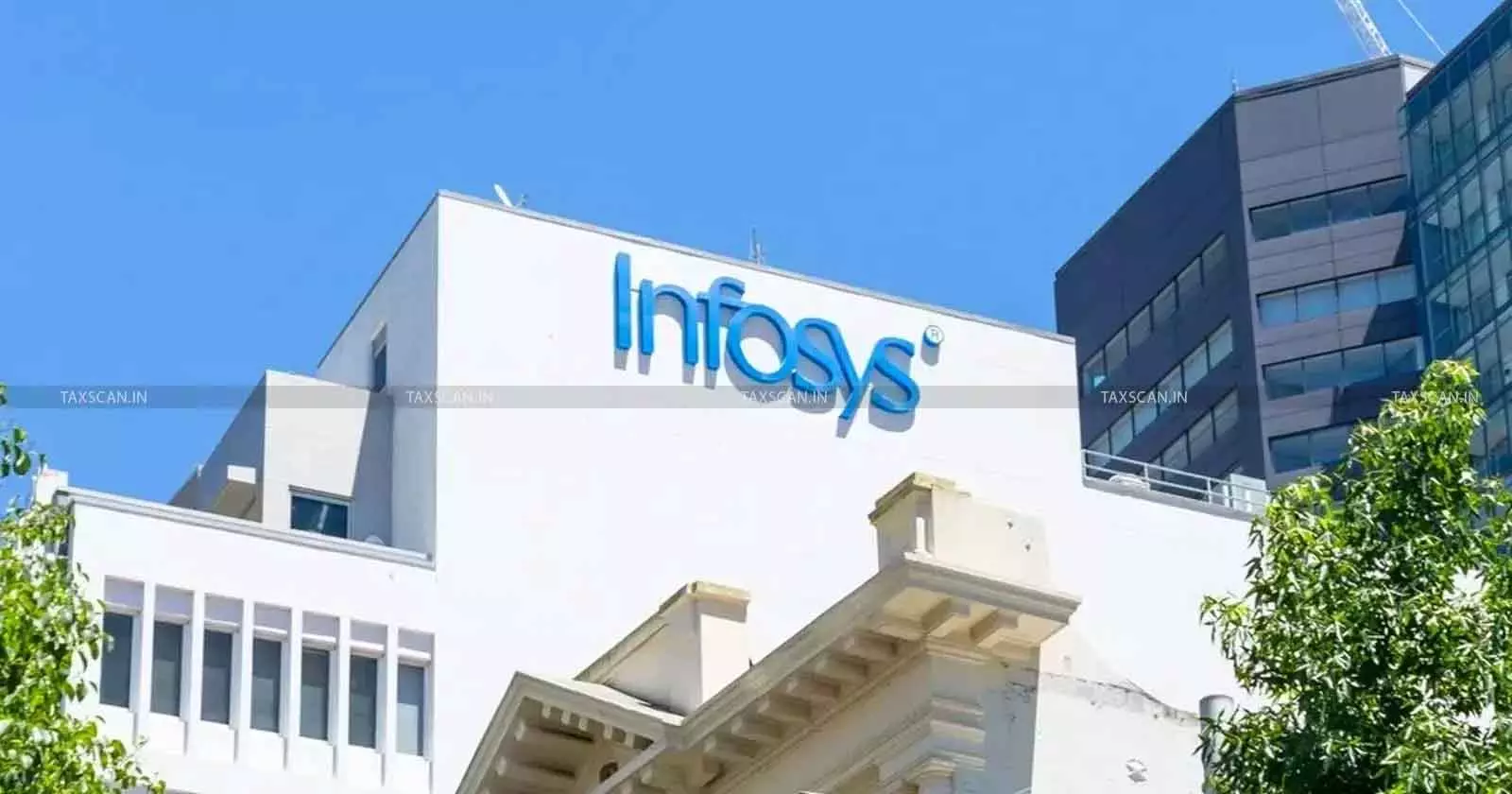Should You Join Infosys’ Buyback? Know the Tax Implications First
Infosys’ Rs. 1,800 buyback may benefit small investors, but new tax rules make it less attractive for those in higher income slabs

Infosys has announced its fifth and biggest share buyback so far. The company will repurchase 100 million shares at a price of Rs. 1,800 each, which accounts for about 2.41 per cent of its paid-up equity capital. According to Business Standard, this buyback comes at a time when the company’s stock has fallen nearly 17 per cent this year.
What Changed in Buyback Tax Rules
Until September 2024, companies used to pay the buyback tax. Shareholders received the buyback proceeds without any direct tax burden but from October 2024, the rules changed. Buyback proceeds are now treated as dividend income in the hands of the investor. This means shareholders must pay tax on the entire amount they receive, based on their income tax slab.
Example of How It Works
If an investor tenders one Infosys share at Rs. 1,800, the company will deduct 10 per cent tax at source and pay Rs. 1,620. But for tax purposes, the entire Rs. 1,800 is considered as dividend income. Investors in higher tax slabs, such as those paying 30 per cent, will end up losing a bigger portion of their proceeds to taxes. According to SMC Global Securities, for high income investors it is often more tax efficient to sell shares in the open market instead of tendering them in the buyback.
Why Small Investors May Still Benefit
Investors in lower income tax brackets may benefit from participating. They would face a smaller tax cut and in some cases can claim refunds. For example, if a person has no taxable income, the deducted TDS can be claimed back while filing returns.
Comprehensive Guide of Law and Procedure for Filing of Income Tax Appeals, Click Here
Capital Loss Provision
Another important detail is the treatment of acquisition cost. Under the new regime, the price originally paid for the shares tendered in the buyback is treated as a capital loss. This capital loss can be carried forward for up to eight years and set off against future capital gains. According to experts at Balakrishna & Co, this provides some relief but does not change the fact that the dividend portion is fully taxed at the slab rate.
Timing Matters
The timing of this buyback also matters. Many companies rushed to complete buybacks before October 2024 so that they could pay the tax on behalf of shareholders. According to Business Standard, the number of buybacks surged in mid-2024 for this reason. Now, with the burden shifted to investors, buybacks are less attractive for those in higher tax brackets.
Investors must compare two options. If they tender shares in the buyback, the full Rs. 1,800 per share will be taxed as dividend income, which can hugely reduce post-tax returns for high earners. If they sell in the market, only the profit portion is taxed as capital gains, which is often more favorable. For small investors in lower slabs, the buyback still offers some benefit, but for wealthier investors, selling in the open market could be the smarter choice.
Support our journalism by subscribing to Taxscan premium. Follow us on Telegram for quick updates


